The Plan Violates Hungary’s Sovereignty
While the statements made at the energy council referenced noble principles—such as sovereignty, diversification, supply security, and solidarity—the Von der Leyen–Zelensky plan would, in fact, produce the exact opposite outcome for Hungary, the minister said.
This proposal seriously violates our sovereignty, since the Treaty on the Functioning of the European Union—the highest-level legal framework of the EU—explicitly states that energy policy decisions fall within national competence,
Peter Szijjarto emphasized. He added that, put simply, "It’s up to each country to decide from whom, what kind of energy carriers, when, and at what price they purchase. No one else has a say in that." He also pointed out that several member states have already decided to cut off imports of Russian energy. In his view, this only highlights how unreasonable it is to impose those decisions on others: "Why should the security of another country’s energy supply be fundamentally endangered?" He stressed that the countries that don’t want to buy Russian energy have already made that choice—but that gives them no right to force other countries to do the same.
Especially since blocking access to Russian energy carriers would put Hungary’s energy supply in serious danger,
he warned,
"Dependence Would Increase, Not Decrease"
While Brussels argues that the Von der Leyen–Zelensky plan aims to reduce dependence, for Hungary it would have the opposite effect, Peter Szijjarto said.
If the Von der Leyen–Zelensky plan goes through, Hungary will find itself in a situation of severe dependency,
he stated. He explained that oil is currently delivered via two routes, but the plan would cut off one of them, leaving Hungary with just one remaining pipeline.
Obviously, if we go from two pipelines down to one, we’ll be entirely dependent on that one, meaning we’ll be dependent on Croatia,
he said. He highlighted that Croatia has already increased transit fees fivefold, and by taking advantage of its monopoly, "they’ll be pocketing massive profits from us." The situation is similar with natural gas. The pipeline that runs through Ukraine was shut down last year, and now the largest remaining one—the TurkStream—is becoming the next target.
That means within about a year, two of the largest gas pipelines supplying Hungary could be shut down.
The minister stressed that this plan would essentially eliminate Hungary’s energy sovereignty and create a one-sided dependence that "puts people at risk."
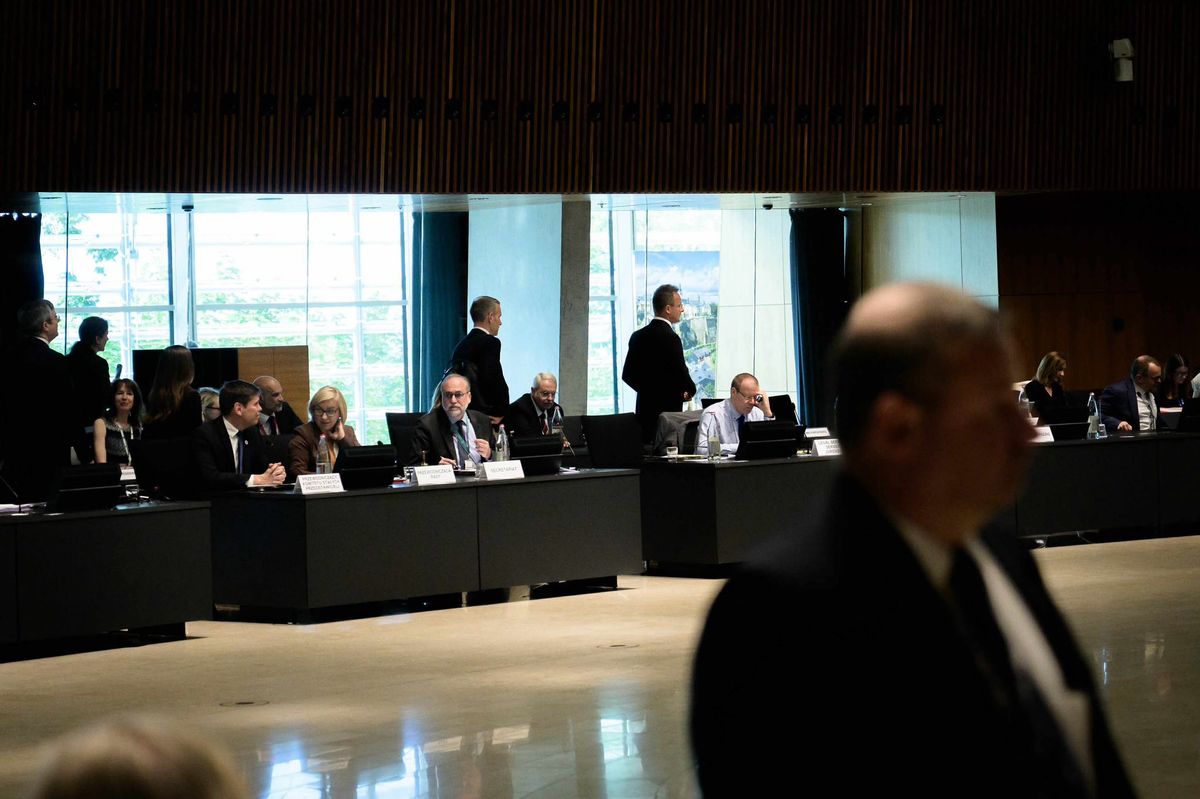

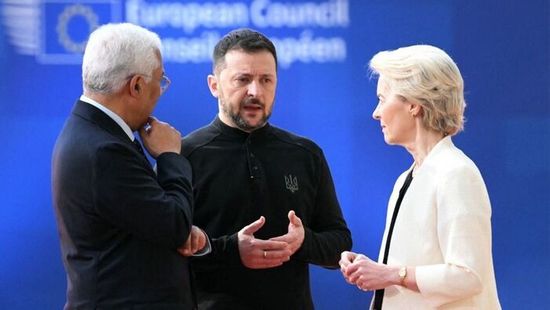


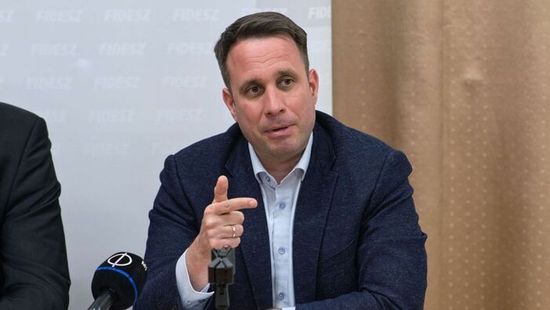

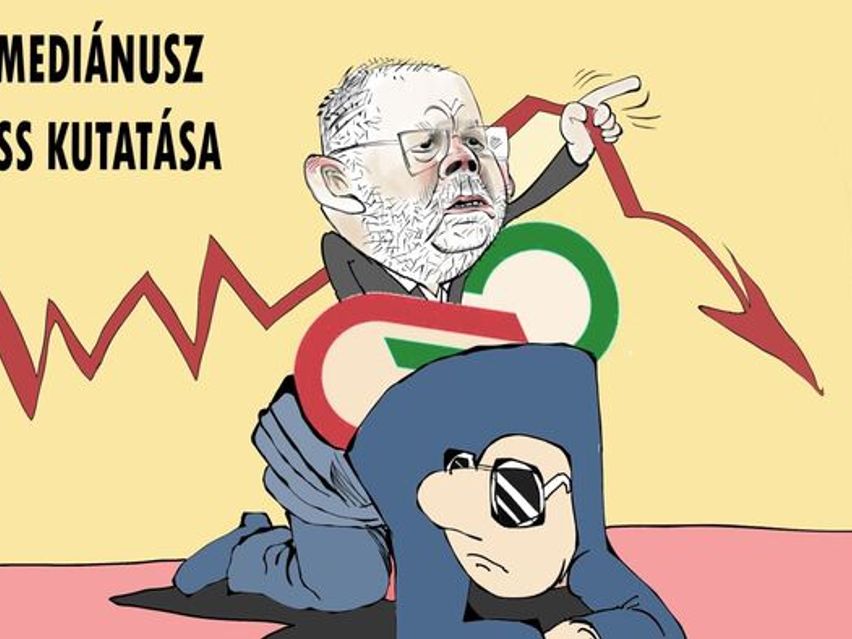




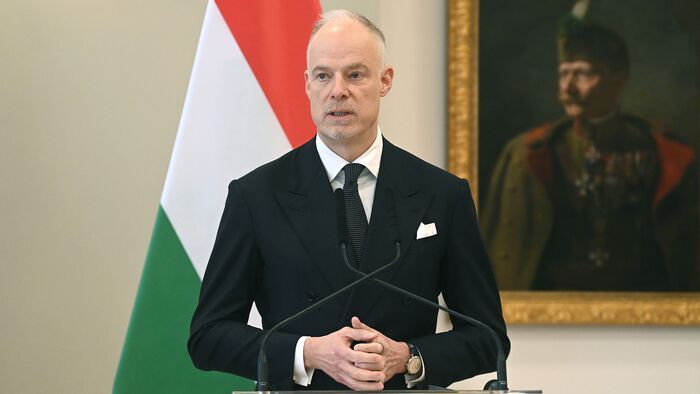



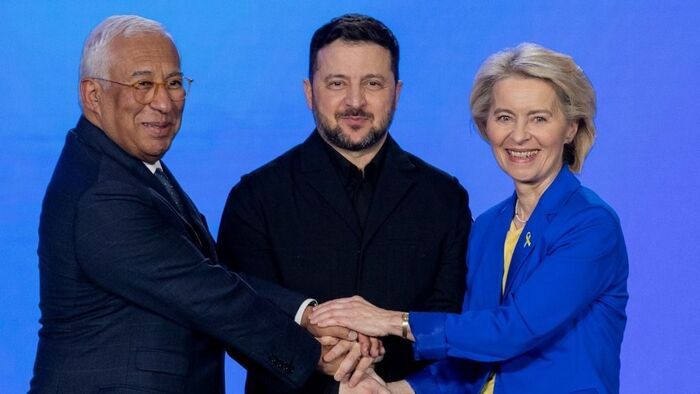
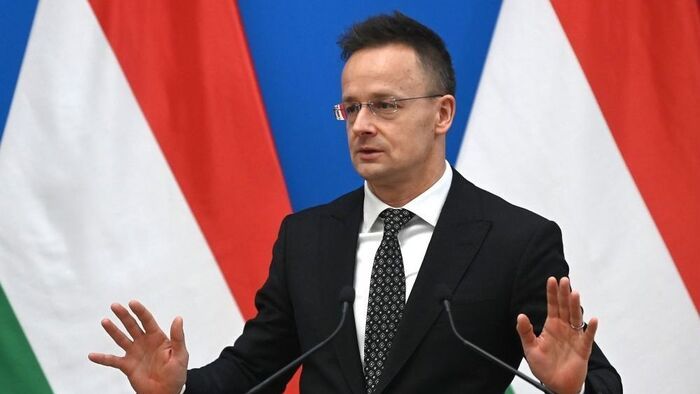






Szóljon hozzá!
Jelenleg csak a hozzászólások egy kis részét látja. Hozzászóláshoz és a további kommentek megtekintéséhez lépjen be, vagy regisztráljon!